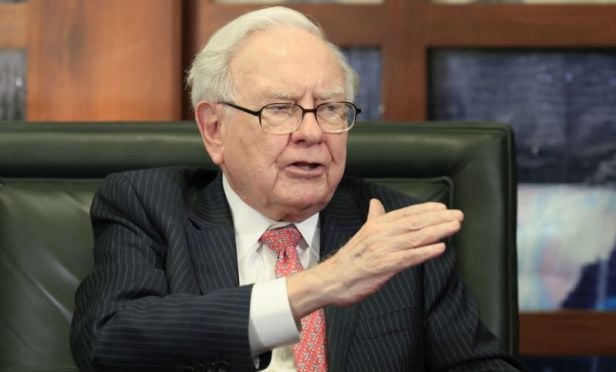
Warren E. Buffett, the chairman of Berkshire Hathaway, Inc., had a lot of interesting news to share in his annual letter to shareholders, released on Saturday.
For one thing, he reported that the tax code changes enacted in December benefited the company by $29 billion. Compare that to the $36 billion gain in the company's net worth during 2017 from operations.
|Insurance section of letter
The insurance section of Buffett's letter also was noteworthy. He highlighted the benefit of “float,” which he described as follows:
Recommended For You
Want to continue reading?
Become a Free PropertyCasualty360 Digital Reader
Your access to unlimited PropertyCasualty360 content isn’t changing.
Once you are an ALM digital member, you’ll receive:
- Breaking insurance news and analysis, on-site and via our newsletters and custom alerts
- Weekly Insurance Speak podcast featuring exclusive interviews with industry leaders
- Educational webcasts, white papers, and ebooks from industry thought leaders
- Critical converage of the employee benefits and financial advisory markets on our other ALM sites, BenefitsPRO and ThinkAdvisor
Already have an account? Sign In Now
© 2025 ALM Global, LLC, All Rights Reserved. Request academic re-use from www.copyright.com. All other uses, submit a request to [email protected]. For more information visit Asset & Logo Licensing.








